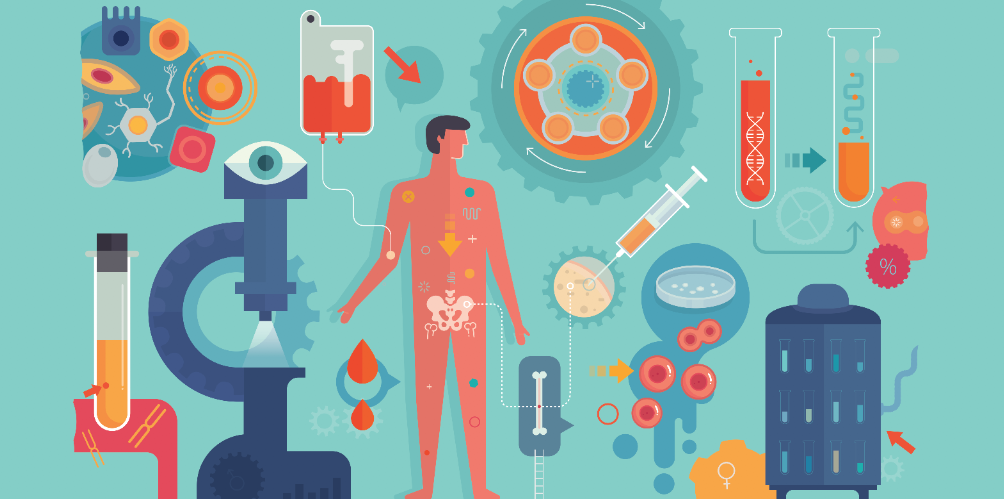A maker of DNA-testing kits was offering pharmacy assistants financial inducements to sell its products, in a possible breach of the advertising code
A maker of DNA-testing kits was offering pharmacy assistants financial inducements to sell its products, until a complaint to the TGA prompted it to withdraw the program.
MyDNA sells send-away tests that promise to reveal what vitamins, nutrition, fitness and medications will work for an individual based on a range of genetic markers. It sells these tests for between $69 and $149.
Advertisements in Pharmacy Daily for the “Pharmacy Assistants Rewards Program” promised assistants could “Earn $5 for every myDNA vitamins kit you sell (must sell four or more). Win a $1000 [Coles] gift card if you sell the most!”
Dr Ken Harvey, Associate Professor of Public Health and Preventive Medicine at Monash and President of Friends of Science in Medicine, complained to the TGA that the ads breached S.18 of the Therapeutic Goods Advertising Code, which says: “An advertisement must not offer any personal incentive to a pharmacy assistant, or any retail sales person who is not a health professional, to recommend or supply therapeutic goods.”
It was when a journalist from the Australian Journal of Pharmacy called myDNA the company said it was withdrawing the rewards program.
Company secretary Nathan Brown told The Medical Republic the program was a mistake.
“We shouldn’t have done that,” he said. “The program never started, it never actually went ahead. We’ve reviewed it and said we shouldn’t be doing this, so we pulled the program before it even started.”
The case also reveals the opacity of the Australian Register of Therapeutic Goods (ARTG).
A search for “myDNA” returns zero results. If you know to look for GenesFX Health Pty Ltd, the company’s previous name and still its trading name, you find specimen collection kits, receptacles and transport containers.
The DNA testing itself is done at GenSeq Labs, a fully owned subsidiary of myDNA that accredited by the National Association of Testing Authorities, and therefore that element of the product does not appear anywhere on the ARTG.
“If a consumer is interested in whether these tests provided by myDNA have gone through the TGA registration process, it’s virtually impossible to find out,” Dr Harvey said.
“The tests are advertised as myDNA and it should be pretty simple to look up the ARTG for myDNA and see whether their tests have been approved and included by the TGA. But the ARTG doesn’t include the name of the company that’s actually promoting them. They go under obscure company names and there’s no way a consumer can link them.
“For medicines it’s easier, but for devices, including diagnostic tests, it’s opaque.”
Which just leaves the claims themselves.
“There’s no clinical utility or value for a consumer to pay $70 to find out whether their genes showed certain vitamins may be metabolised differently from someone else,” Dr Harvey said.
“Just eat your fruit and vegetables.
“Occasionally if someone isn’t responding to a drug there may be a genetic reason, but mostly it’s not clinically useful unless there’s a problem. And to be promoting it to consumers as if it’s something worth paying money for, I think is unethical.”
Mr Brown said the company had to show clinical utility for all its tests in order to obtain NATA accreditation.


